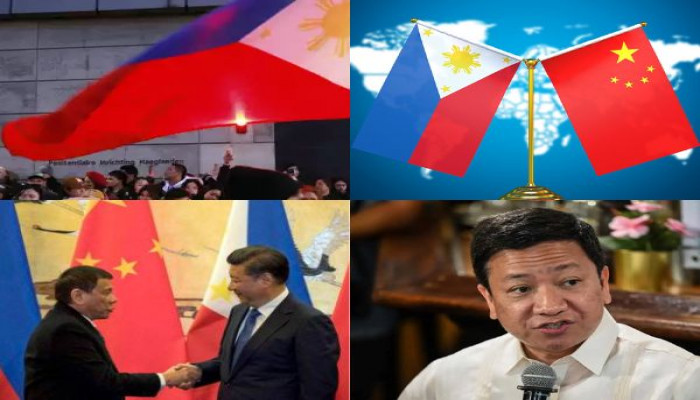Philippine security officials allege China of interfering in midterm election
- In Reports
- 07:01 PM, Apr 25, 2025
- Myind Staff
National Security Council (NSC) of the Philippines alleged interference of China in the midterm elections slated for May 12, 2025. On Thursday, April 24, officials announced that there is growing evidence of a state-sponsored campaign targeting the electoral process and weakening the government of Ferdinand Marcos, which allegedly caused much concern with the NSC.
Such accusations were brought into the limelight during a Senate hearing where re-electionist Senator Francis Tolentino under the Marcos ticket claimed that Filipino troll farms were funded by the Chinese embassy in Manila. These were intended for manipulating the public online and targeting key political issues, such as the country's disputed South China Sea policy.
Intervening with the lawmakers, NSC Assistant Director General Jonathan Malaya revealed that the agency had found signs of foreign interference caused by the Chinese government.“There are indications... that information operations are being conducted that are Chinese state-sponsored in the Philippines that are actually interfering in the forthcoming elections,” Mr. Malaya said.
According to Senator Tolentino, firms based in the country are being paid to create hundreds of false social media accounts. Asked to comment on the allegations, Philippine Commission on Elections (Comelec) chairman George Garcia called them “dangerous and worrisome”.
“We were likewise briefed about attacks directed against Comelec using bots and troll farms” aimed at undermining faith in the coming election, he told journalists in a messaging chat group.
President Marcos has taken a rough route against China and increased military cooperation with the United States-acts, which invite a negative response from pro-China social media channels.
In the last three months, the popularity of President Marcos has gone down considerably. One survey shows that his approval rating now stands at 25 percent, almost half of what he received at the end of 2024.
A researcher from the Digital Forensic Research Lab in Washington, who spoke to AFP's fact-checking team last year, confirmed the spread of pro-China content among Filipino social media groups. According to the researcher, most of these groups actively disseminate China's position in the South China Sea row.







Comments